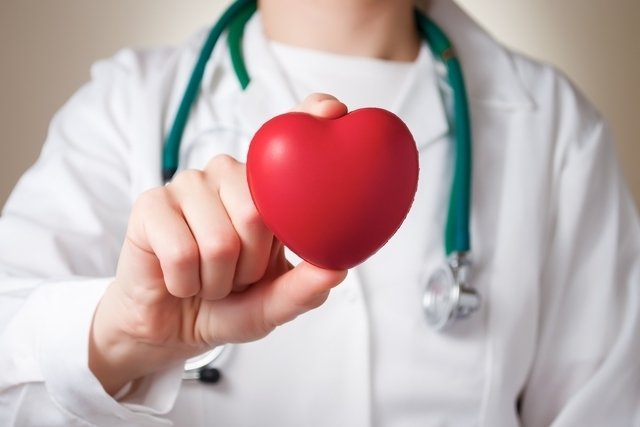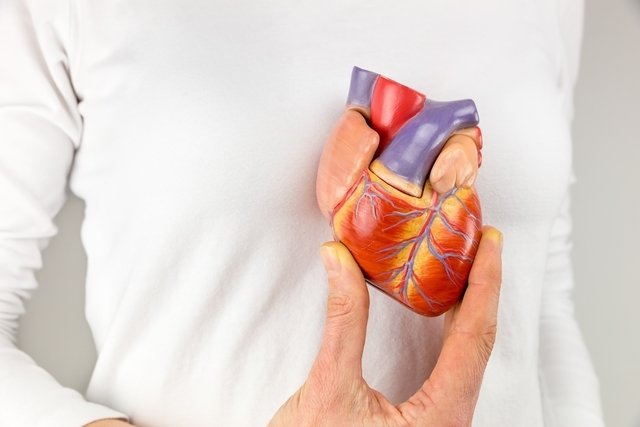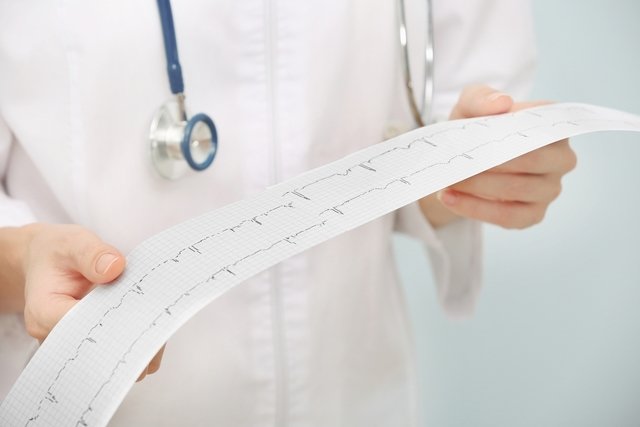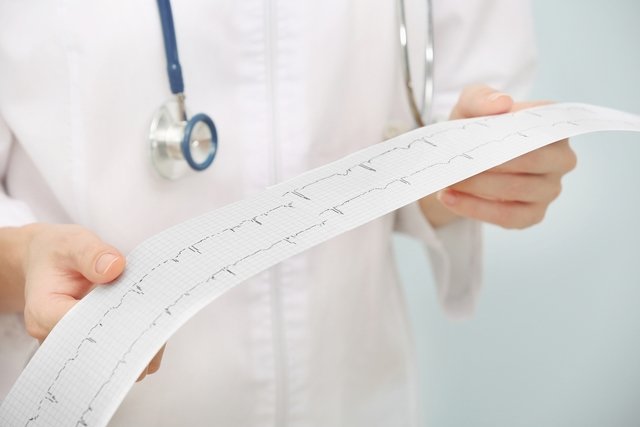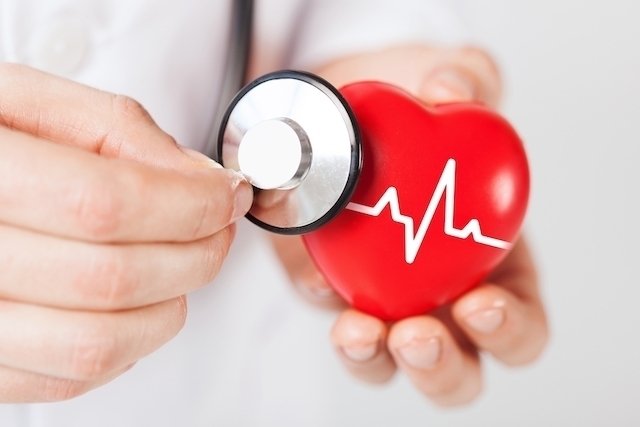Cardiac arrhythmia: what it is, symptoms, causes and treatment
Cardiac arrhythmia is a change in the rhythm and/or frequency of the heartbeat, causing symptoms such as palpitations, irregular or slow heartbeats, chest pain, dizziness or fainting. Under normal conditions, the heart rate at rest is 60 to 100 beats per minute. Cardiac arrhythmia can cause the heart to beat faster, slower or out of […]
Continue Reading

